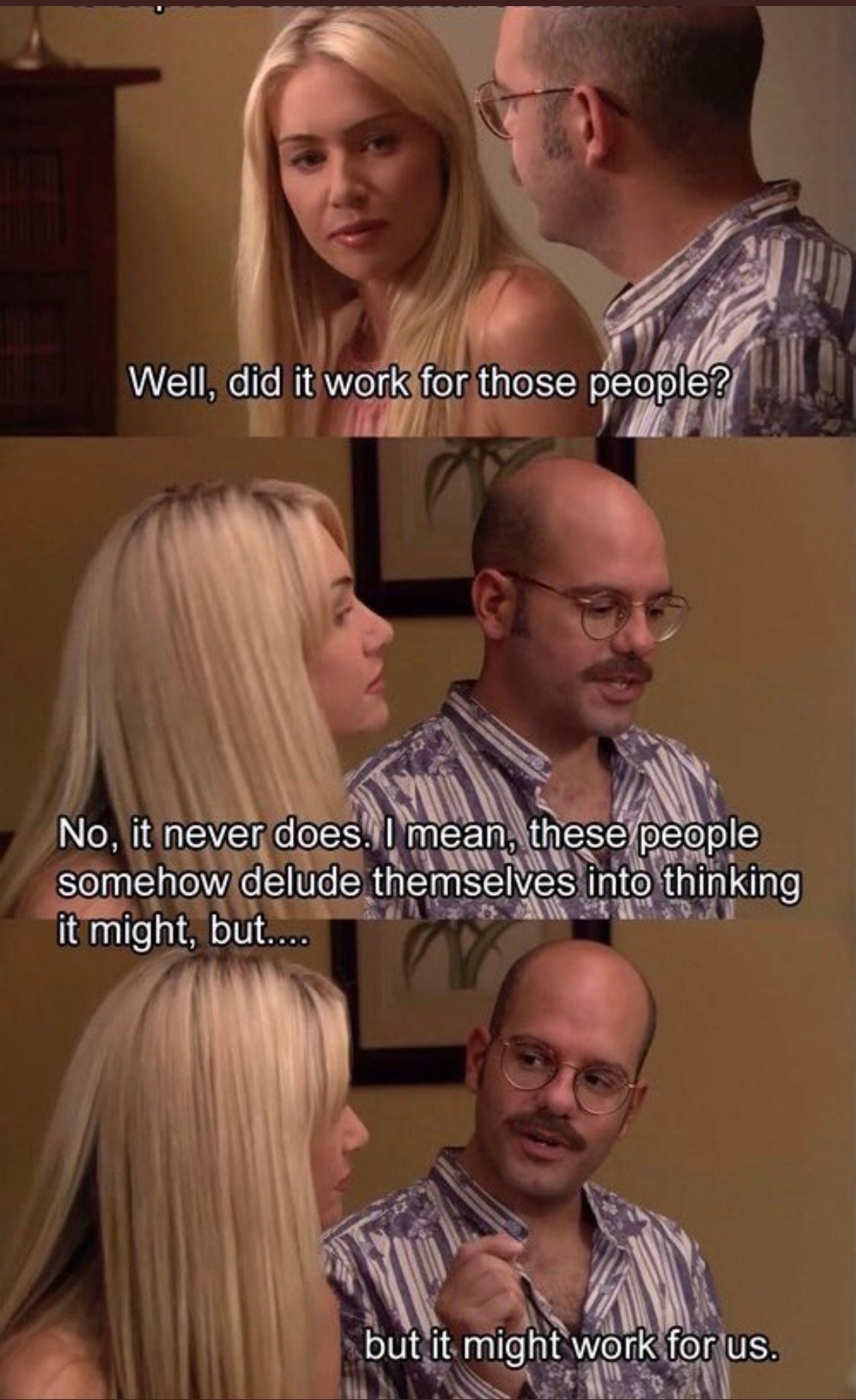Further reflections of an amateur stylite
"Even when quite a child I felt two conflicting sensations in my heart: the horror of life and the ecstasy of life. That, indeed, was the mark of a neurasthenic idler."
Once again amusement fails me. Once again I recall Baudelaire—whom I love more for his person than his poems, as I am after all an indolent and uncultivated prole; but of him, this I know well:
One must work, if not from inclination at least from despair, since, as I have fully proved, to work is less wearisome than to amuse oneself.
I have found his journal completely sympathetic here, as often elsewhere.1 But this in particular I know well myself. Once was I would be easily entertained, wasting away hours; now I hurry through even enjoyment. The worst thing about my Macbook mysteriously deteriorating in its capacity to handle video files, for instance, is that I can no longer so use two fingers to scroll effortlessly through the inefficient segments of whatever crap I’m watching. I hate Netflix because this is impossible there; or that it is possible but unwieldy and even qualitatively differs. One entails speeding time up, the other leaps in time—the former feels better to me, more respectful perhaps.
Anyway, what I’m saying is that I am completely possessed by an inalienable urgency in all things; in this I am a perfect child of our period. The only problem is that I have not channeled this desire into any sort of work, I have managed to hide from the world. Here I have found, after much effort to the contrary, that I am unable to amuse myself without falling into despair; as put by The The, a most irritating band name, in Soul Mining—their paean to anomie:
Sleep—tireless nemesis, dearest love: when it is night, I hate you; come morning I cling to your embrace. Sleep is a little death, which perhaps explains my fear, hence also the obvious source for our mythological models of resurrection and reincarnation. Each morning is a little like death and rebirth, for we are always the somehow the same yet somehow our own other. This is the same dialectical relation as between life and death; thus night mirrors the afterlife.
Of course, it is not the afterlife alone which needs explaining. We also wonder, though less urgently, where we came from—and in this sleep provides the answer as well, at least for reincarnation: it is that we woke again, as we always do. Christianity accepts the biological reproduction of ours species, but it traces it by a long line of begets and begats all the way back to Adam and Eve. And there, in the Garden, is found the source of this cursed despair—that we are thus forced to toil daily unto death:
In the sweat of thy face shalt thou eat bread, till thou return unto the ground; for out of it wast thou taken: for dust thou art, and unto dust shalt thou return.
This World is the cost of the fall; it is a strange thing, that, to think ourselves arriving here only by having fallen, as if having tripped into a particularly deep puddle. Yet the same is so for reincarnation, with saṃsāra as a state enduring unto our perfection—at which we are released, much the same as from purgatory—hence implying our prior imperfection.
Today there is something more, however, than—or rather, as well as—this standard toil unto death; it is that the world has changed. The sons of Tubalcain rule now and with their rise life been irrevocably altered. No longer do we sit around sweaty-faced eating bread, toiling for the herb of the field. Now more often we have sweaty faces because we have eaten too much bread. The world demands so little of us, simply that we continue to exist—and even then, that many choose otherwise is more or less accepted.
Perhaps Baudelaire is here relevant again, as elsewhere he speaks in the same tone as before:
If, when a man has fallen into habits of idleness, of day-dreaming and of sloth, putting off his most important duties continually till the morrow, another man were to wake him up one morning with heavy blows of a whip and were to whip him unmercifully, until he who was unable to work for pleasure worked now for fear—would not that man, the chastiser, be his benefactor and truest friend? Moreover, one may go so far as to affirm that pleasure itself would follow, and this with much better reason than when it is said: loves comes after marriage.
There is surely a despair in not working, though this has its limits—as some things we cannot immerse ourselves in, are not even invited to enter; those that demand little more of us than an eye or limb are particularly depressing. Yet here the question, of course, is: what are we to do? For we have such a friend, though the whip must be imagined—or rather, expected; for it is God, this friend and adviser.2 The demands thus placed upon us, all that seems excessive from one perspective, is perhaps truly all to save us from that despair which lurks always at the edges of indolence; it is a truth which each often denies: that the path of least resistance leads to the garbage heap of despair. Otherwise, of course, I can always carry on idling …
"He who clings to Pleasure, that is, to the Present, makes me think of a man rolling down a slope who, in trying to grasp hold of some bushes, tears them up and carries them with him in his fall.”
"Calculation in favour of God. Nothing exists without purpose. Therefore my existence has a purpose. What purpose? I do not know. Therefore, it is not I who have appointed that purpose. It is someone wiser than I. It is therefore necessary to pray to this someone to enlighten me. That is the wisest course.”



